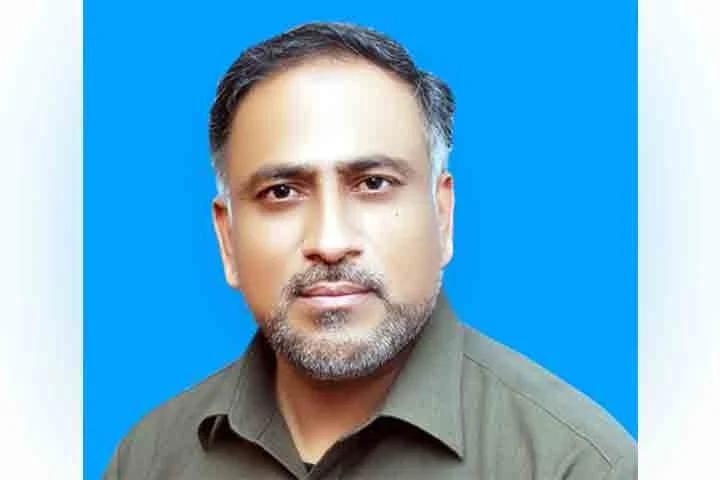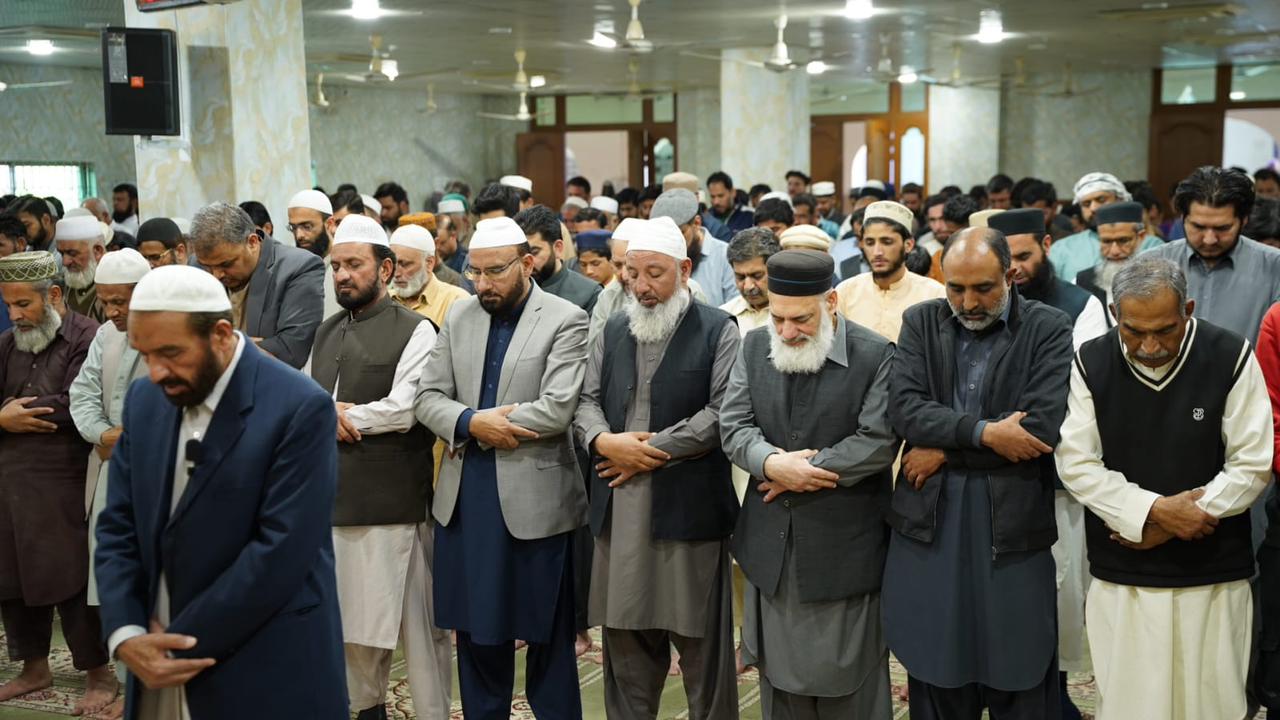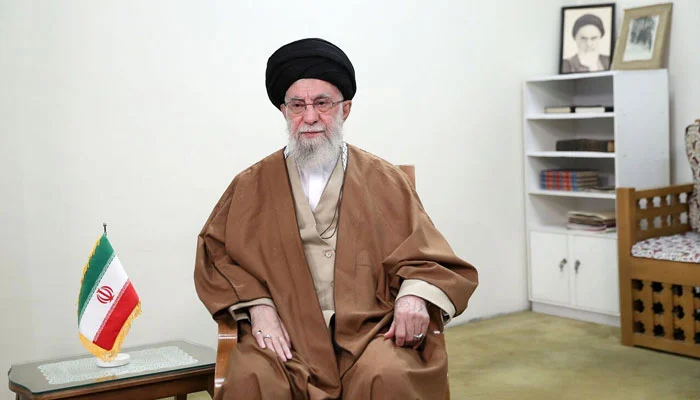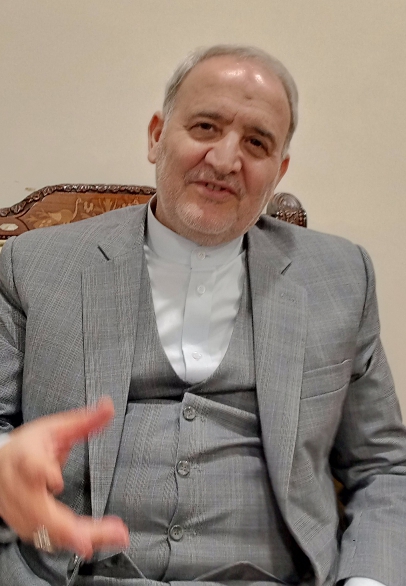MATTERS have gone downhill since the day the then ISI chief Lt-Gen Faiz Hameed triumphantly (and rather prematurely) claimed `Don`t worry. Everything will be all right` as he was served a welcome cup of tea in the lobby of the Kabul Serena. He was surprised by a question from Channel 4`s respected correspondent Lindsey Hilsum.
This was days after the completion of the US withdrawal, announced by president Donald Trump and executed by his successor Joe Biden, in 2021, and the Taliban`s return to power after the Ashraf Ghani government forces surrendered, with their leaders taking flight abroad, without firing a single shot. In terms of being delusional, these euphoric words were on a par with Pakistan`s Afghan policy since the Soviet takeover of the country in 1979 when Pakistan chose to become a conduit for arms, ammunition and a training indoctrination ground for extreme religious ideologies. This would pose an existential threat to our own country as these alien (to our land) ideologies took root here.
I recall many of us protesting on our university campuses that this was not Pakistan`s war and we should stay away from it but we were dubbed `Soviet agents` and left to face the wrath of the then pro-Zia Islami Jamiat-i-Talaba which, alongside the military dictator, was fully on board the foreign-funded, armed and directed `jihad.
Although many former senior military officials now claim ignorance, after the Soviet withdrawal following the Geneva accords of 1986, one often heard of the famed concept of `strategic depth`. Which meant that somehow Pakistan which is quite narrow and lacks depth in places facing India would have all of Afghanistan`s depth to rely on to defend itself.
But over the years, Pakistan has complained many times of the Indian hand in the attacks on its soil originating from Afghanistan. This may be a valid view. However, its validity renders invalid many of our assumptions about this world and what our support to the Afghans in their fight to rid their country of first the Soviet and then Western (read: US forces) occupation would deliver.
Instead of engendering friendship, those who came to the helm in the country, namely the Taliban, proved more loyal to their ideologicaltwins, the TTP, as they were joined at the hip in their obscurantist, extremist ideology. The result: hundreds, in fact, thousands of martyrs from among our civilians and uniformed braves who stand guard on the frontier. Of late, with this summer`s Indian aggression not ending well for New Delhi, we`ve seen an upsurge in terror attacks on Pakistan soldiers and paramilitary personnel.
With so many soldiers, paramilitary personnel and policemen being killed nearly every day, nobody will say it but there is no option for Pakistan other than military operations including air strikes, because sitting idle would create a morale problem among the security forces.
Some well-meaning intellectuals and writerswill link the upsurge in violence to political instability in the country, while others would blame it on the denial of representative rule.
There may be partial truth in those suggestions.
But it is just that and no more.
Pakistan has paid a heavy price and suffered reversals of the gains on the ground made via robust operations carried out during 2008-2016.
This was the direct result of a confused past government and military leadership that ceded gains made on the battlefield on some kind of ideological negotiating table. TTP terrorists were allowed back in with their weapons and no conditions were imposed on them. Slowly but surely, they reverted to their default ideology and wanted to enforce their obscurantist beliefs through the force of arms.
Pakistan has been bleeding for a long time and very few of its allies seem to appreciate its pain and dilemma. After the recent round of terror assaults and ambushes which were tantamount to an attack on it, when Pakistan retali-ated even the states it has defence pacts with called for restraint. These attacks on one were not considered an attack on both.
The upsurge in terror attacks in the frontier areas may well be a function of internal strife which reports claim is due to the differences of opinion between the Kandahar-based leadership and some others including the Haqqani Network long harboured by Pakistan as a friendly, surrogate group. But many of the recent attacks on Pakistani soil claimed by TTP have come from areas seen as Haqqani strongholds. This could mean one of two things. Either the Haqqani group`s grip on power and influence stands undermined or they are playing a double game.
Whatever the experts believe is the case, the state of play does not augur well for Pakistan.
People keep referring to Afghanistan`s history and point out that the Afghans don`t take kindly to foreign invasion and will fight any invader tooth and nail. Over the past decades, they have evicted foreign forces, albeit with external help.
The Red Army would not have been dislodged had it not been for the CIA-directed, armed resistance. The US too paid a heavy price and spent more money keeping its forces in Afghanistan when a third of that expenditure could have won it peace by simply buying the various factions and warlords. The US often blamed Pakistan for the Pentagon`s failures.
Pakistan has no desire to invade or even attack Afghanistan. But if the Afghan Taliban continue to feign helplessness in putting on leash TTP cadres operating from their soil, then Pakistan would have to somehow continue to use its aerial assets for targeted strikes against those that cross the frontier and kill its civilians and soldiers. Even their backers, their military infrastructure.
Having tried dialogue ad nauseam with Kabul, perhaps the time has come to make the Taliban understand that there is a cost to allowing terror strikes on Pakistan. Pain won`t be suffered in silence. Needless to say that intelligence has to be impeccable so as to obviate civilian casualties. Any `collateral damage` is unacceptable, as it is counterproductive.




